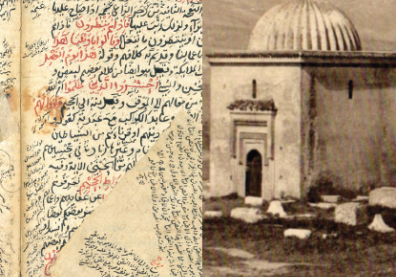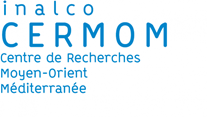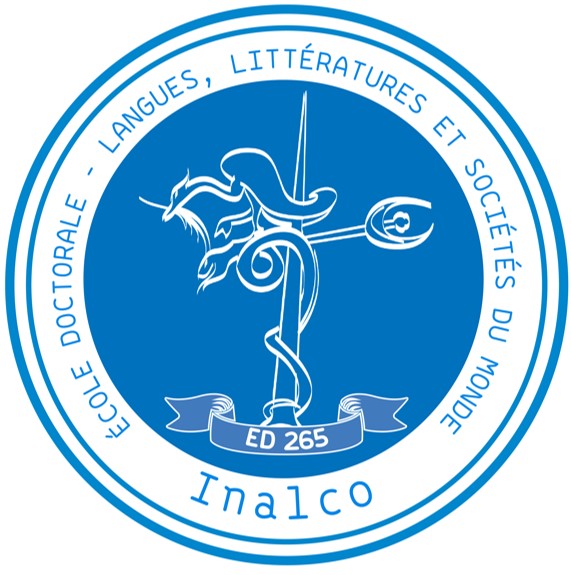Doctoral seminar "Islam: plural approaches" & MAG-Renew project

Abstract
This year's doctoral seminar "Islam: plural approaches" proposes a study day that will address two themes linked to the history of Sufism. The first part, which will take place in the morning, will study the question of Sufism and the constitution of Islamic knowledge, thanks to the contribution of studies in progress. The medieval period from the 3th/9th to the end of the Abbasid caliphate in the 7th/13th century represents a decisive moment in the constitution and evolution of knowledge in the Muslim world. The debates are intense, sometimes violent, and reflect in part the multiple transformations affecting the political and social organization of societies characterized by great linguistic, cultural and religious diversity and beset by multiple conflicts, linked to beliefs, practices or organizational systems. For this seminar, we choose to take Sufism as the focus of our interrogations. The aim is not simply to examine the emergence and transformations of Sufism in the field of religious knowledge, although this is a question that could be addressed. Rather, the aim would be to confront it with other spheres of knowledge, such as theology, fiqh, kalām, philosophy and even literature and the language sciences, so as not to isolate it in the vast movement of transformation affecting Muslim societies, particularly in the central area of the Muslim world.
The afternoon will be devoted to current studies on tarīqa Darqāwiyya. They are part of the research cycle of the MAG-Renew project, winner of the Institut Français d'Islamologie's projects of excellence A first day had studied a major figure of the tarīqa tijāniyya, shaykh Akansūs. We now want to study the second most important movement of Moroccan Sufism in the 19th century, which differs in many ways from Aḥmad al-Tijānī's project. Born of the preaching of Moulay al-ʿArabī al-Darqāwī. (d. 1239/1823), this new spiritual path lies at the confluence of two traditions: that of the nāṣiriyya, and the Fāsiyya-Ma'aniyya. This new path shares many features with the other spiritual movements present in Fez. But, for example, unlike the Tijāniyya, it places less emphasis on elements of "rupture" than on a deep sense of ancient tradition. While Moulay al-ʿArabī al-Darqāwi left as teaching only letters addressed to his disciples, the following generation would produce an important doctrinal corpus (letters on spiritual direction, mystical poetry, doctrinal treatises, hagiographic texts). Our focus will be on both the best-known figures of the ṭarīqa (Aḥmad Ibn ʿAjība, d. 1808), author of an important work, (studied by Jean-Louis Michon but which continues to raise questions) and less studied continuators of the path, such as Muḥammad al-Ḥarrāq (d. 1845), poet and master in Tetouan, as well as al-Bannānī (d. 1867), whose work has recently been edited. This research aims to answer a number of questions raised by the complex identity of the Darqāwiyya. Its masters, perceived in turn as rebels, preachers or reformers, have tried to propose a Sufism that reconnects with the period of origins likely to be expressed in a wide variety of textual forms, ranging from simple correspondences in Middle Arabic to lyric poetry, hagiographies or doctrinal treatises.
Program
Part 1. Sufism and the constitution of Islamic knowledge
Chairman: Hocine Benkheira (EPHE)
-
Olga Lizzini (AMU), "Connaissance mystique et vocabulaire mystique chez Avicenne"
-
Adrien de Jarmy (Unistra), "La mise en circulation des premières traditions sur le Miʿrāj à Baṣra"
- Aurélien Lederer (PhD student Cermom), "L'ordonnance et la place du ch.198 "Of Breath" within the Futūḥāt al-Makkiya of Muḥyī l-dīn b. ʿArabī (d.638/1240)
Part Two. Ongoing studies on Darqāwiyya and Moroccan Sufism in the 19th century
Chair: Rachida Chih (CETOBAC- Cnrs)
- Florian Lützen (University of Hamburg), "The Faqīh and Voice of the Shādhiliyya: Aḥmad Ibn ʿAjība (d. 1808) and the Ṭarīqa Darqāwiyya from the Viewpoint of the Religious Sciences"
- Ahmed El Idrissi (PhD student UC Louvain), "Muhammadan Reality in the Teaching of the Moroccan Sufi Ahmad Ibn 'Ajîba (d. 1808)"
- Ahmed Kharraz (CERLOM), "Entre poétique et expérience mystique : la poésie de al-Ḥarrāq (d. 1845)"
- Ismaël Zerguit (UC Louvain), "Un acteur oublié du renouveau soufi marocain : Abū Bakr al-Bannānī (d. 1284/1867)"
- Sophie Tyser (INALCO postdoctoral fellow, MAG-Renew project), "Shaykh Akansūs, polymath, adīb and Sufi master of his time"
Organization
- Hocine Benkheira (GSRL-EPHE)
- Francesco Chiabotti (INALCO-CERMOM)
- Jean-Jacques Thibon (INALCO-CERMOM)




